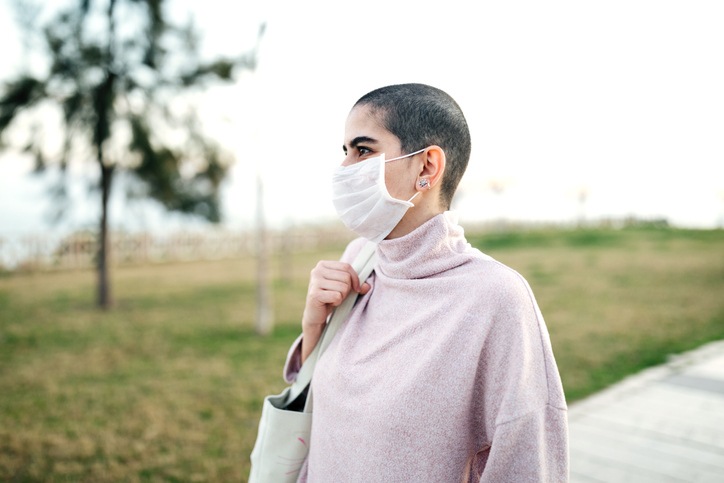
A study explored how the COVID-19 pandemic impacted cancer patients who underwent radiotherapy at a single institution in Wuhan, China.
“Several health care services have been affected by the novel coronavirus disease 2019 (COVID-19) pandemic. A delay in diagnosis and treatment can be detrimental to patients with cancer,” the researchers explained. “However, patients with cancer are also at risk for COVID-19 because of immunosuppressive treatments and recurrent visits to the hospital.”
Their assessment included patients who underwent treatment at the Department of Medical and Radiation Oncology, ZHWU, between Jan. 20 and March 5. The effects of the city lockdown, traffic restriction, social distancing, and home confinement that were all implemented during the study period were assessed; patient demographics and clinical and treatment parameters were also considered. Patients were followed for survival through March 12.
Final analysis included 209 patients (median [IR] age, 55 [48–64] years; 50.2% [n=102] were female). The most common cancer was thoracic (n=80; 38.3%)—including lung, breast, and esophageal cancers—followed by gastrointestinal or gynecological cancer (n=54; 25.8%) and head and neck cancer (n=53; 25.4%). Just under half of patients (n=99; 47.4%) received adjuvant radiotherapy; 57 patients (27.3%) received radical radiotherapy, and 53 (25.3$) received palliative radiotherapy. About a third of patients (32.1%) underwent concurrent chemoradiotherapy. All patients had already initiated treatment before the study began.
More than half of patients (n=112; 53.6%) could not return for treatment after the city lockdown. Nearly all of the chemoradiotherapy patients (92.5%) discontinued treatment either because they could not return (n=58) or their physician chose to discontinue treatment (n=4). The mean (range) number of patients receiving treatment per day before the lockdown was 188 (160–209). When the lockdown was implemented, the number of patients dropped significantly and continued to decrease each week. Only one case of COVID-19 was recorded during the study period; none of the 70 patients who had contact with the infected patient presented clinical COVID-19 symptoms. Of the 70 patients who interacted with the infected patient, 52 (74.2%) could not continue radiotherapy following the lockdown. No deaths were reported in the entire cohort as of March 12.
The findings were published in JAMA Oncology.
The researchers cautioned that “Long-term follow-up data may reveal detrimental ramifications of treatment interruption on the survival of these patients with cancer.”

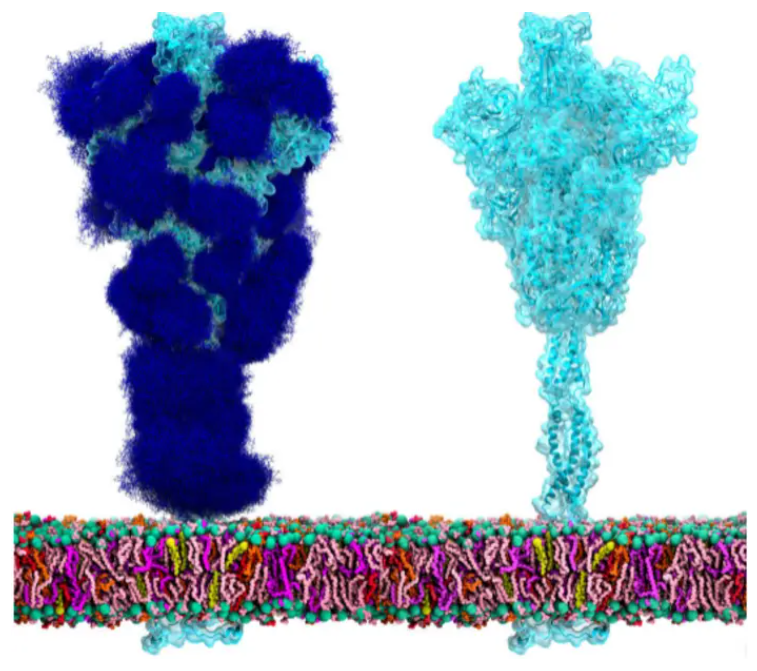

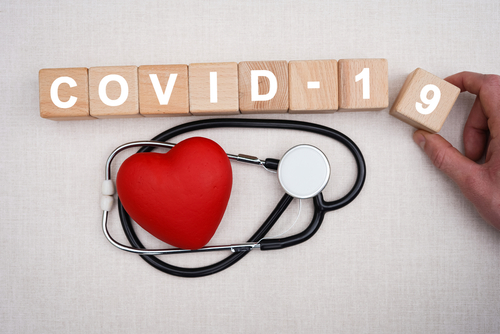
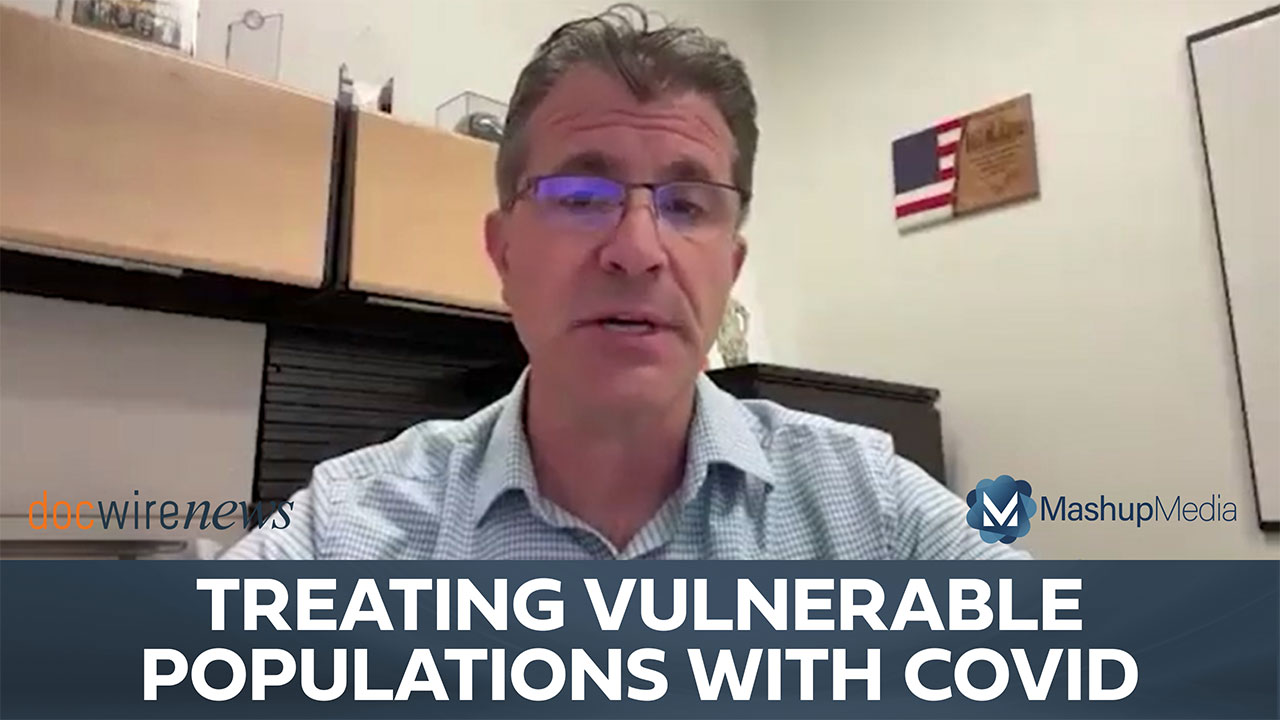
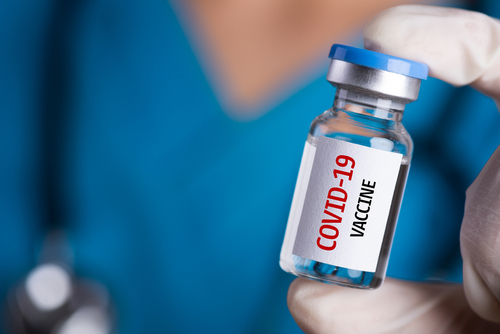

 © 2025 Mashup Media, LLC, a Formedics Property. All Rights Reserved.
© 2025 Mashup Media, LLC, a Formedics Property. All Rights Reserved.